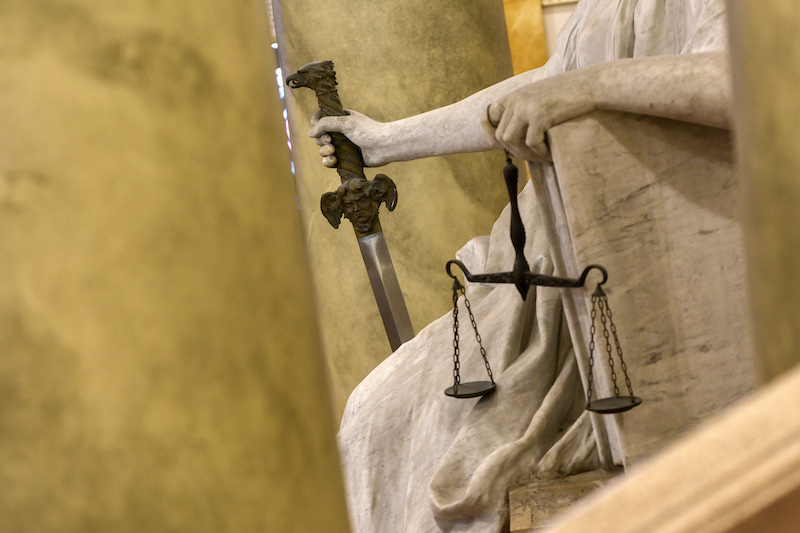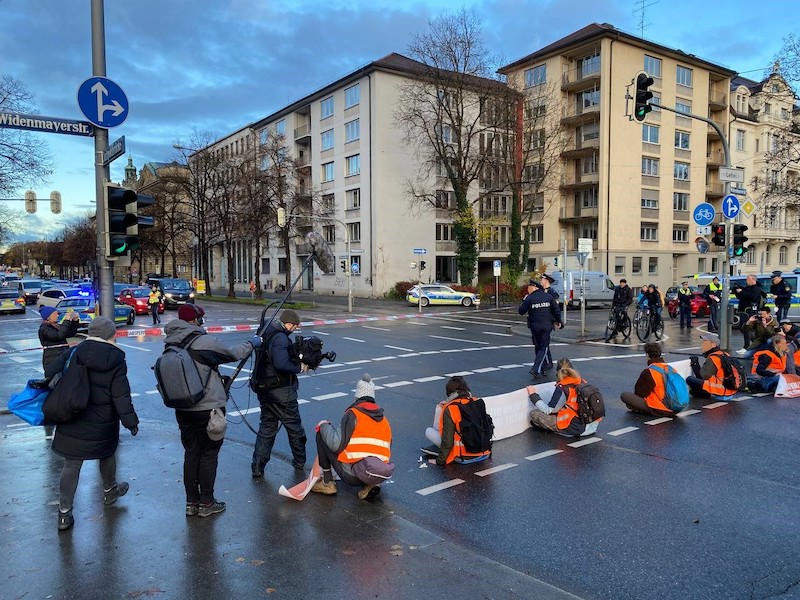Suffering from low growth and battling the highest inflation in the European Union, Hungary is desperately in need of EU funds.
However, this cash has been suspended due to Brussels’ concerns over Hungary’s record on tackling corruption and maintaining the rule of law. So, when the Hungarian parliament adopted judicial reforms that entered into force on 1 June, there was a palpable sigh of relief.
No wonder: this package of new policies was a prerequisite for Budapest’s claim to €13.2 billion of the locked cohesion money.
Political pressure on the independence of the judiciary in Hungary has long been a domestic and international concern. A senior Budapest judge complained he and his colleagues “have been witnessing external and internal influence attempts” for years. The rule of law report of the European Commission also highlighted problems, including challenges faced by the National Judicial Council (a self-governing body of judges), rules on electing the President of the Supreme Court, and the possibility of favouritism in judicial appointments, promotions, case allocation and bonuses.
For some time, it seemed not even the Commission was paying enough attention. When the EU executive launched its budget conditionality procedure against Hungary for violations of the principles of the rule of law, they did not raise the issue of judicial independence. Only after pressure from the European Parliament, did they make this issue one of the conditions for Hungary’s access to €22 billion from the EU’s cohesion funds and to €5.8 billion from the recovery fund.
Hungary had no other choice but to address the concerns, and chose money over ruling the courts.
However, some experts and NGOs warn the Commission not to oversell these results. The judicial reforms fail to tackle the most important issues of which the Hungarian government is accused: corruption, conflict of interest and rigged public procurements. With that unchanged, the very nature of the Orbán government will remain intact, and the justice reform may quickly turn out to be just a “fig leaf” to hide the real problems with the rule of law.






